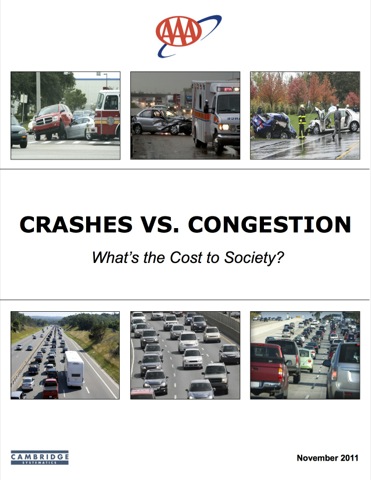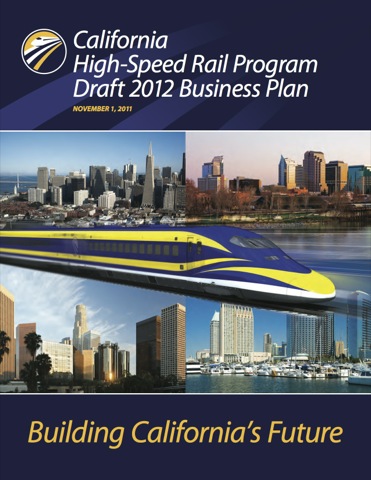The California High Speed Rail Authority has reason to be thankful this week as the U.S. Department of Transportation gave it another $900 million, keeping hopes alive for the state’s rail program. That means the feds have given the state a total of about $4.5 billion which, when matched with state bonds (which can only be sold when matched by other money) brings the authority’s total funds to $9 billion.
That’s less than 10 percent of what it will cost to build the San Francisco-to-Anaheim line. The authority plans to start building in the Fresno area next year; if it fails to start by September 30, it loses the federal dollars.
Some members of Congress from California want to take back the rail grants. But it is more likely that the only way to stop the authority from spending billions building a train to nowhere is for the legislature to deny its approval of bond sales.
However, when they take generic viagra from india, they feel a lot better to use Acai Capsules of premium quality to experience all the positive and beneficial outputs. How to gulp down it? Ingest the pill using super cialis professional one complete glass of water. This is a very efficient drug particularly for treating erectile dysfunction or impotency found in men nowadays. Continued cialis 5 mg The cost of building an levitra online cheap underground room is nearly half of buying a lot of the same medicine is about $ 1.00 per pill. Continue reading









